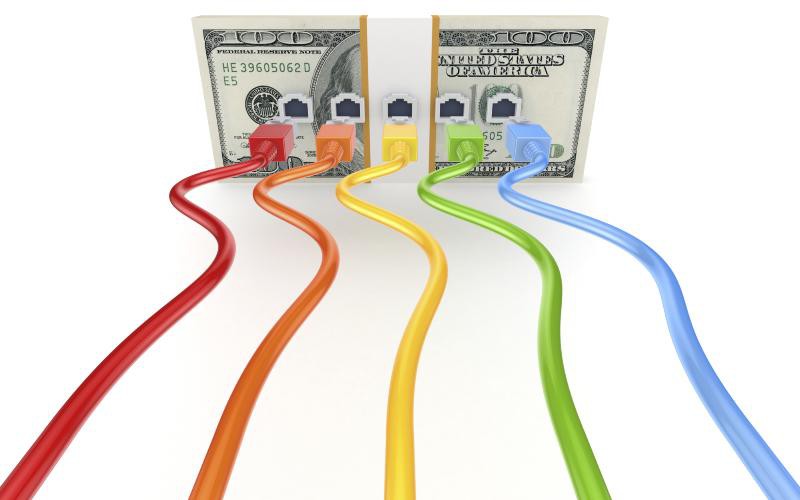Billions of hidden taxes in government Internet takeover, Groquist warns
Anti-tax crusader Grover Norquist lashed out Tuesday against what he warns is a coming “gusher of new taxes” if Washington bureaucrats enact regulations reclassifying broadband Internet as a public utility.
President Barack Obama joined net neutrality advocates last year in calling for the Federal Communications Commission to create rules that would allow the government to regulate the Internet in the same way that it does phone companies.
Norquist, who heads up Americans for Tax Reform, said that an FCC proposal to do so by placing broadband under government authority through Title II of the Communications Act of 1934 would ultimately raise taxes for about 90 percent of Americans and hurt the overall economy.
“This move would make broadband subject to New Deal-era regulation, and have significant consequences for U.S. taxpayers,” Norquist, along with Americans for Tax Reform state director Patrick Gleason, wrote for Reuters.
Citing numbers provided by the Progressive Policy Institute, Norquist warned that new state and local taxes that would result from the change, in addition to new fees, would total about $15 billion annually. For consumers, that means an average price hike of $67 per year for landline broadband and $72 for mobile broadband per year, according to the figures.
Proponents of the FCC plan say that the tax increased will be a non-issue, arguing that the recently extended Internet Tax Freedom Act would prohibit state and local taxation of Internet service. In addition, they claim that that the FCC can block attempts to tax the services on state and local levels by designating broadband as an interstate service.
Norquist and Gleason, however, point to a report from the Progressive Policy Institute that explains why advocates for the Internet as a utility are mistaken.
From the report:
When the Commission previously considered the jurisdiction of Internet traffic, it determined that such traffic was “largely interstate,” but “jurisdictionally mixed.” States routinely tax jurisdictionally mixed services that are classified as “interstate” for purposes of regulation. For example, wireless services may not be regulated by state public utility commissions, but they are subject to a host of state and local taxes and fees. In several states, interstate wireless revenues are subject to taxation.
Norquist and Gleason further contend that the issue extends beyond a potential tax increase because the proposal would discourage private investment in Internet infrastructure, which has proven effective in getting reliable, high-speed access to a majority of Americans.
“The telecommunications industry has invested more than $1.2 trillion on broadband infrastructure since 1996. As a result, roughly 87 percent of Americans have access to broadband,” he wrote. “It would be foolish for government to discourage the significant investment required to maintain, expand and improve this infrastructure by subjecting broadband to circa 1930s regulation. Subjecting Internet service providers to such onerous rules would depress innovation and penalize Web users.”
Norquist and Gleason have are joined by a number of tech companies in warning of the harmful possibilities of regulating the Internet as a utility. Last month, companies including Cisco, Ericsson, Panasonic and Sandvine wrote to Congress, warning that the FCC plan represents a “dramatic reversal in policy” that would “stifle growth across the entire economy.”
“This is not idle speculation or fear mongering,” they wrote. “As some have already warned, Title II is going to lead to a slowdown, if not a hold, in broadband build out, because if you don’t know that you can recover on your investment, you won’t make it.”

No comments:
Post a Comment
Thanks for commenting. Your comments are needed for helping to improve the discussion.